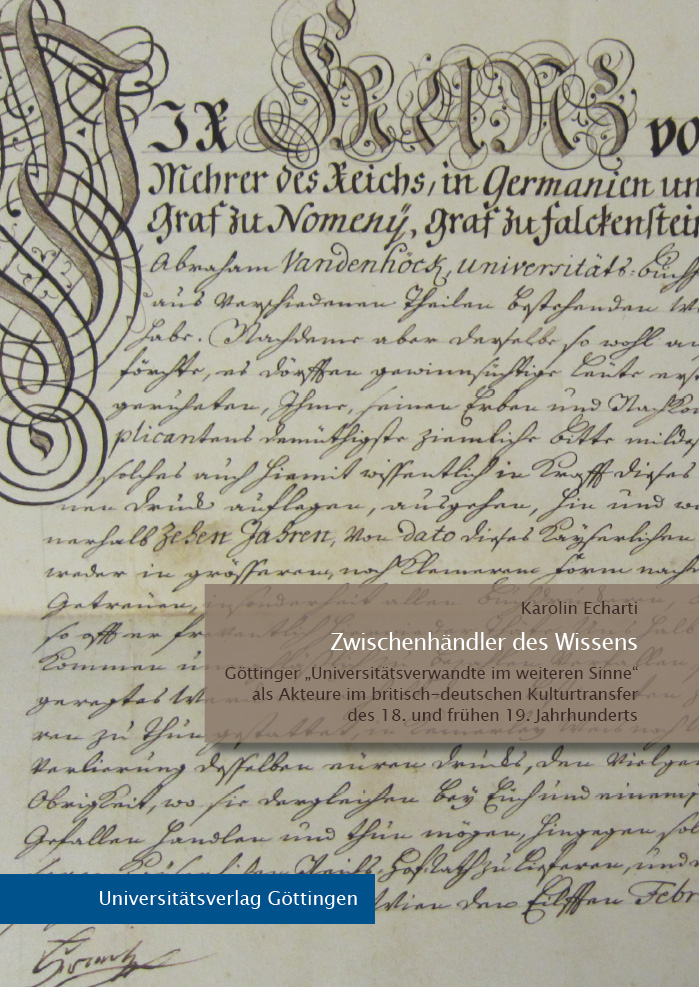As a newly founded university at the time of the personal union between Hanover and Great Britain, the University of Göttingen had a special connection to Britain from the very beginning. As a culturally established nation, Britain also increasingly came into the focus of the German educational elite in the 18th century. However, since few Germans had any knowledge of English, translations became crucial for access to British knowledge Booksellers and translators became cultural intermediaries. Members of both groups - especially females - often had an extensive, but not institutionalized, education. In the university city of Göttingen, they met scholars who were interculturally interested and many of whom were Anglophiles. With these scholars, booksellers and translators established working relationships of very different kinds. The study sheds light on the work of six so-called "Universitätsverwandte im weiteren Sinne (university relatives in a broader sense)". This term referred to the official status of university booksellers and was adopted here for three female translators who, as daughters of Göttingen professors, can also be described as "university-related in a broader sense" The study focuses on the nature of the cooperation between these 'middlemen of knowledge' and the members of the scholars' republic regarding the distribution of Enlightenment-era literature, and on the question of how the ambivalent interpretation of the idea of equality at the time influenced this cooperation.
Publikationstyp: Hochschulschrift
Sparte: Universitätsverlag
Sprache: Deutsch





